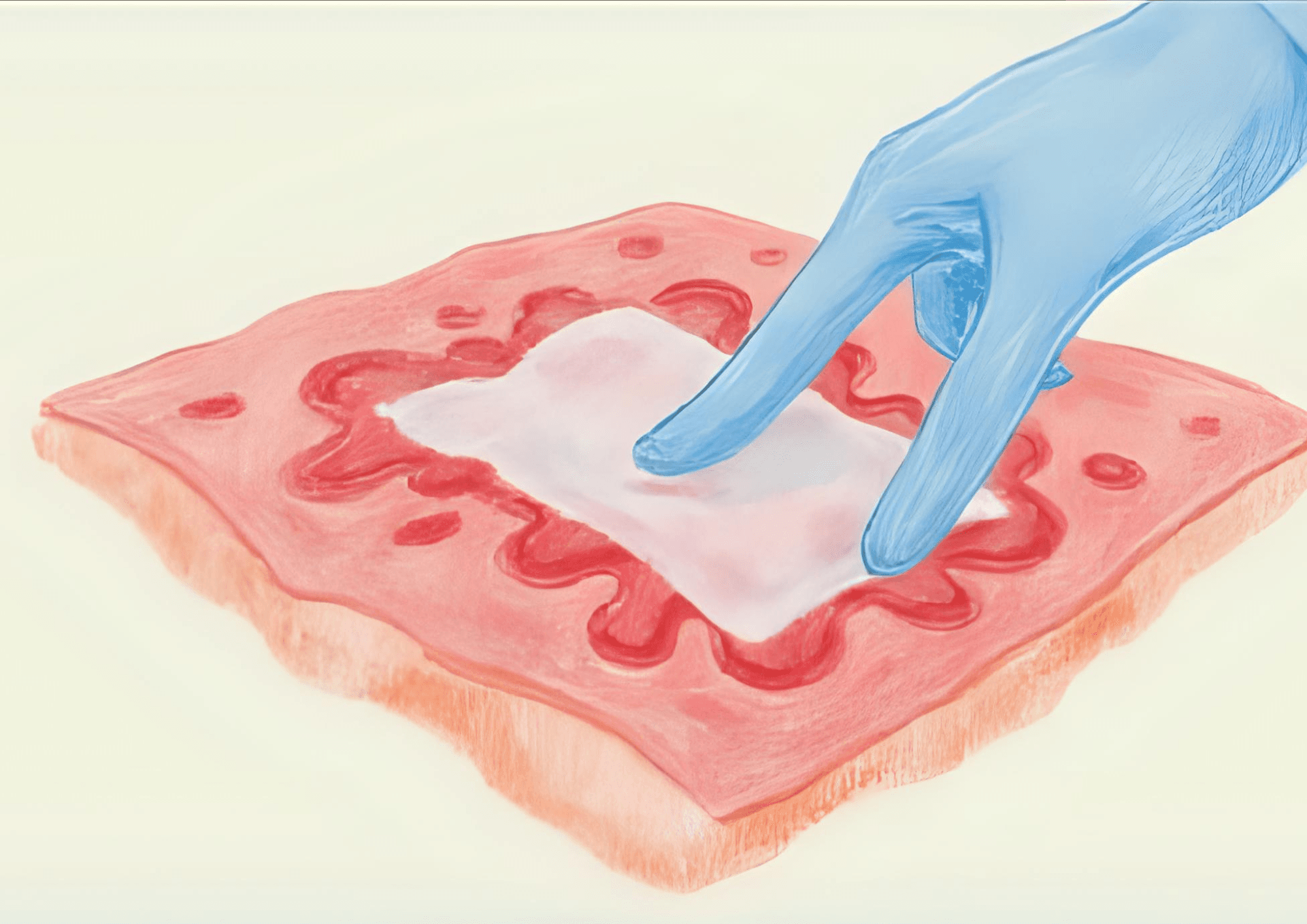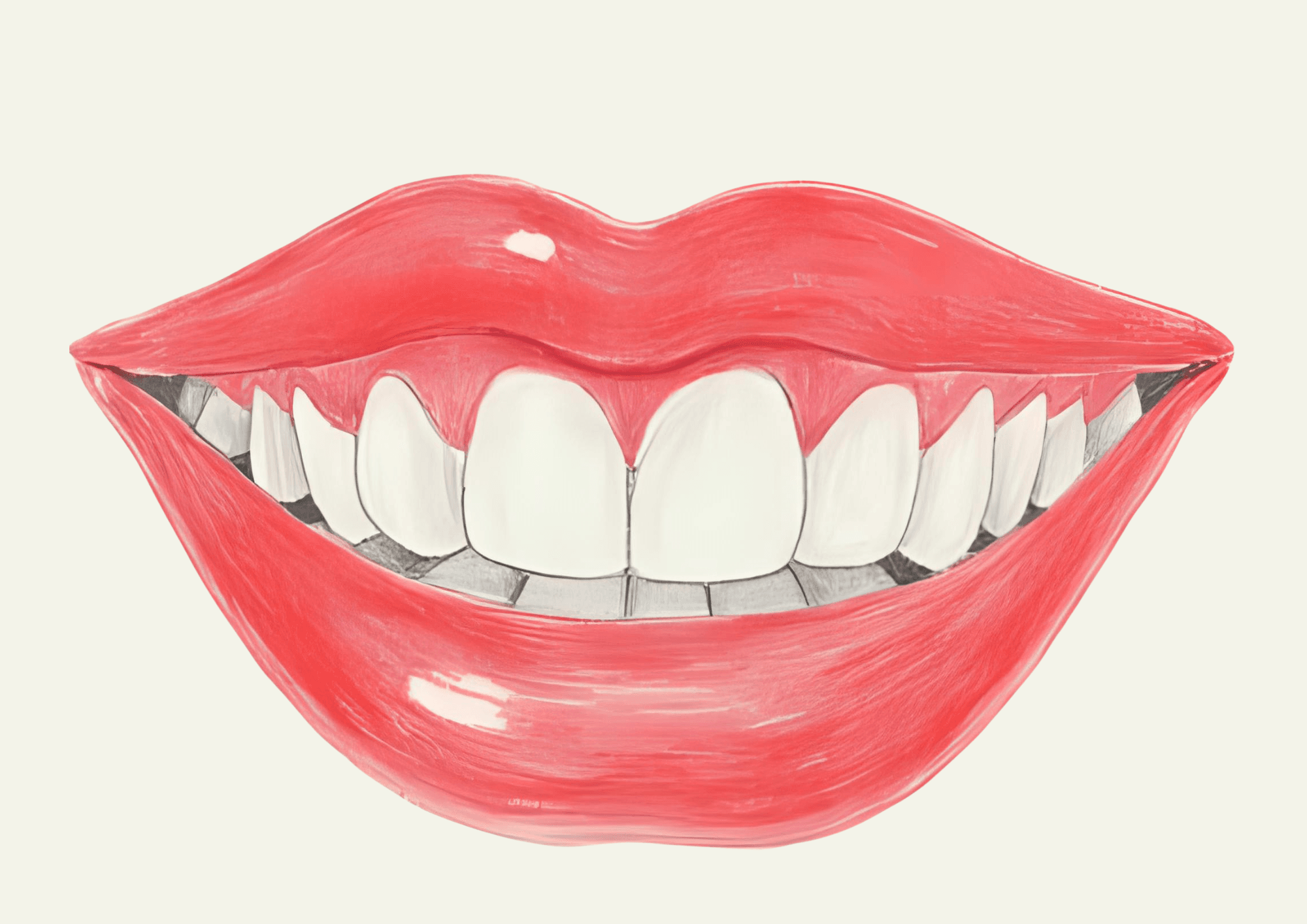07 Jul 2025
9 MIN READ
Melatonin: An evening hormone to revamp your well-being
Did you know melatonin makes you yawn and signals to you to sleep?
What does melatonin do in your body? Why does it matter?
When the sun sets and your surroundings become dark, melatonin secretion begins inside your brain.
Children around you have higher melatonin levels than yours.
It supports your body clock following the day and night cycle.
When you travel from west to east, the time zones change, and you feel tired and clumsy due to the melatonin shift.
If your sleep time changes, then your melatonin production gets blocked.
Nearly 72% of adults globally take melatonin pills for a night’s sleep.
Why do you need sleep?
Sleep is a natural process where your brain and body reduce their sensory activities. Your consciousness is altered. Your muscle functions and interaction with your surroundings decrease.
-
In adults, sleep promotes physical and mental health.
-
In children, it supports the body and the brain’s growth and development.
-
Adults above 60 need 7 to 8 hours of sleep in a row to prevent chronic diseases.
Which factors make you sleep?
Sleep is induced by certain agents that intensify your urge to sleep, like:
-
Melatonin
-
Magnesium
-
Darkness
-
Circadian rhythm
-
Sleep debit
-
Balanced meal
-
Excessive physical work
Meaning of Sleep Debit
You sleep for 6 hours from Monday to Friday, we know you are a multitasker. Wait! You need 8 hours of sleep daily. So, the 2 hours for five days add up to 10. On Saturday and Sunday, you will have to compensate for your sleep, or else you will feel drowsy at your office.
Which factors disrupt your sleep?
Your sleep is disturbed by many factors, a few of which you create yourself.
-
Caffeine
-
Excessive alcohol consumption
-
Smoking
-
Depressed mental health
-
Irregular sleeping time
-
Taking naps during the day
-
Noise
-
Bright lights
-
Extreme atmospheric temperature
40 million American teenagers do not sleep for 8 hours at night.
What is the exact location of your pineal gland?
Your pineal gland lies within the brain. It releases melatonin in your blood.
The pineal gland:
-
Is pea-sized (0.8 cm long and 0.1 grams in weight)
-
Lies at the brain’s center
-
Is an endocrine gland (ductless)
-
Produces melatonin
-
Maintains circadian rhythm
-
Is sensitive to light
-
Balances reproductive hormone levels
How does the pineal gland induce sleep?
The process includes multiple elements, but let us make it simple.
-
Your eyes detect darkness.
-
They send a message to your pineal gland.
-
The gland releases melatonin ( with the help of serotonin).
-
You start to feel drowsy.
How does melatonin matter?
Melatonin comes from the pineal gland and performs multiple functions.
A few of them are:
-
Maintains sleep patterns
-
Protects body cells
-
Prevents neurons from damage
-
Maintains the reproductive system
-
Regulates food consumption
-
Acts as an antioxidant
So, if your melatonin level goes down, you may suffer from:
-
Hypertension
-
Diabetes
-
Irregular menstrual cycle
-
Insulin resistance
-
Overweight
-
Metabolic disorders
-
Breast cancer
-
Insomnia
-
Sleep apnea
What is the circadian cycle?
The circadian rhythm:
-
Sleep-wake cycle
-
Maintains your internal functions
-
Begin inside a living being
-
Reciprocates with the environment
-
Found in animals, plants, fungi, and bacteria
-
Depends on the day and night rotation
-
Controlled by your brain
-
Lasts for 24 hours
-
Maintains appetite
-
Regulates body temperature
You may train your body to maintain a regular circadian cycle.
Your circadian cycle resets by:
-
Jet lag
-
Rotational work shifts
-
Sleep time alterations
-
Stress
-
Medications
How does melatonin balance the circadian cycle?
Melatonin signals your internal organs, including the brain, that it is dark outside. Thus, it is time to rest.
Your pineal gland secretes nearly 30 micrograms of melatonin, 80% of which is produced at night.
How do you disrupt your melatonin production?
Old people face sleepless nights, but youngsters do too. Why?
-
Melatonin secretion reduces due to low light coming from mobile phones, laptops, or computers.
-
It dilates the pupil.
It is advised to stay away from these devices an hour before bedtime. The melatonin production increases, maintaining the circadian rhythm.
Artificial melatonin supplements
By breaking your body clock, you end up searching for market-bought melatonin supplements.
They are popular by:
-
NatureWell
-
Wommune
-
Inlife
-
Emcure
-
Setu
Natural options to maintain melatonin levels
Nature gives us versatile options to maintain health and sleep cycles.
You may take these:
-
Magnesium
-
Passionflower
-
Tart cherries
-
Salmon
-
Milk
-
Pineapple
-
Walnuts
-
Pistachios
-
Eggs
1.9 mg of magnesium is considered a safe dosage in European countries. Why?
1.9 milligrams per deciliter is the amount of magnesium serum in our blood. Hence, it is considered a safe dosage for European countries.
What is the advised magnesium dosage for each American age group?
The absence of magnesium may cause sleep disorders, muscle cramps, or brain issues.
The recommended dose of magnesium for:
-
Women: 300mg - 350mg
-
Men: 400mg - 420mg
-
Old adults: 320mg - 730mg
Magnesium is available as:
-
Tablets
-
Capsules
-
Liquid
-
Gummies
Scientific recommendation
Some specific studies by researchers say that:
-
Melatonin pills show 85% melatonin, but they actually contain 75% to 350%.
-
Melatonin supplements are for short-term use.
-
Melatonin pills are a no for Dementia patients.
-
Epileptic patients need curative supervision when using melatonin supplements
-
11,000 children's emergency cases due to unchecked ingestion of melatonin
Melatonin awakens you
You naturally produce melatonin. However, you disrupt your natural body clock by several means. Some of you smoke, alter your sleep time, have high-sugar meals, or drink coffee before bedtime. These suppress the melatonin secretion and hamper your health. What do you think suits you, a healthy routine or poor health?



